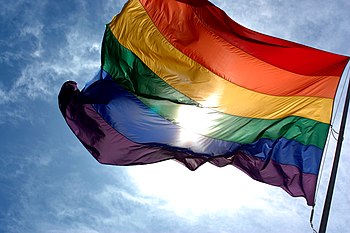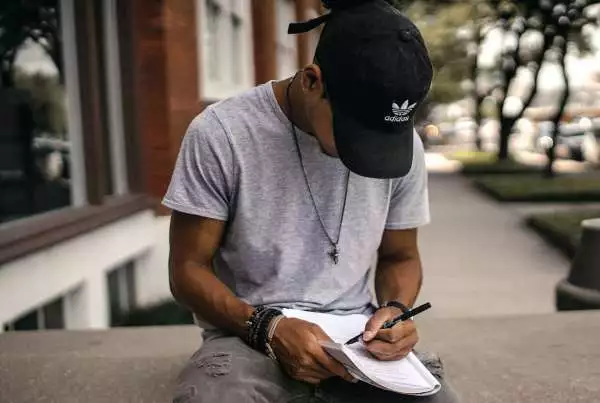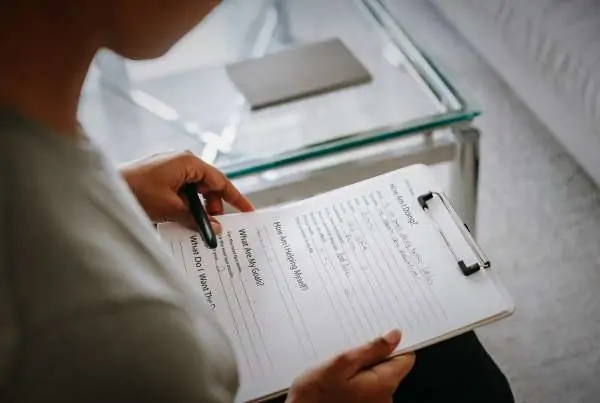Identifying as an LGBT teen
 for the first time is a courageous, albeit scary leap toward self-acceptance. Often times, one embarks on this leap with great trepidation, avoiding conflict with aversive family and friends while creating a whirlwind of conflict within. In cases where there is little to no familial support, this process can really be challenging. We have hosted several LGBT youth in our programs and we offer them a wide variety of support while also encouraging them to be unabashedly who they are.
for the first time is a courageous, albeit scary leap toward self-acceptance. Often times, one embarks on this leap with great trepidation, avoiding conflict with aversive family and friends while creating a whirlwind of conflict within. In cases where there is little to no familial support, this process can really be challenging. We have hosted several LGBT youth in our programs and we offer them a wide variety of support while also encouraging them to be unabashedly who they are.
I asked Joseph Rogers, one of our teachers and the Education Coordinator at our Day School, to identify some ways to support LGBT teens in their recovery. Joseph says,
“I think one of the most important aspects of recovery for an LGBT teen is the availability of LGBT meetings. Additionally, it is important for LGBT youth to develop a mentor relationship with someone who has dealt with the challenges of growing up as an LGBT youth in American society. LGBT youth, like all young people who get sober, need to see that there is a life beyond drugs and alcohol; that there is a life to be had and a life to be built.”
Some other challenges LGBT youth often face is familial discord and deep resistance to a sexual identity different from the family’s perspective on societal norms. Often times, families are more concerned about what others thing rather than focusing on what their teen needs. When I asked Garth LeMaster, MA, LMFT, and therapist at our Outpatient Program about what parents can do in order to support their teen, he said,
“The most important thing for a parent to do is get support for any feelings that may arise. The kid may be dealing with enough regarding their feelings, so parents must provide a safe place for them to land. If they do not, they make like infinitely more difficult for the kid and can seriously damage the relationship.”
A component of our treatment programs are our family support groups and we offer them to parents throughout their teen’s treatment. These groups are a terrific resource for parents to use and lean into. They can provide the group support necessary to help parents unravel the tangle of emotional difficulties they may be experiencing. It’s also beneficial for parents who are having difficulty accepting their LGBT teen to have individual therapy, which facilitate a deeper unraveling and investigation of the root causes of resistance.
SAMHSA (Substance Abuse and Mental Health Services Administration) shared incredible statistics about the connection between familial support and the betterment of behavioral health. SAMHSA (Substance Abuse and Mental Health Services Administration) announced their new resource “A Practioner’s Resource Guide: Helping Families to Support Their LGBT Children,” which can be downloaded for free. The statistics show LGBT teens with low or no family support, who experience rejection instead of acceptance were:
- 8.4 times more likely to report having attempted suicide
- 5.9 times more likely to report high levels of depression
- 3.4 times more likely to use illicit drugs; and
- 3.4 times more likely to report having engaged in unprotected sex—
Compared with peers from families that reported no or low levels of family rejection.
Family acceptance helps:
- Protect against depression, suicidal behavior and substance abuse;
- Promote self-esteem, social support, and overall health.
LGBT teens faced with this inner conflict can often feel like outcasts, castigated for not being like “everyone else,” and challenged to conform. If we as a community can provide support for your LGBT teen, we can help normalize the transition from feeling apart from to feeling a part of a community.
Creating a safe, supportive space for a teen coming to grips with their sexual identity is a necessary component in allowing them to land on both feet in their recovery and in their process of self-acceptance. Showing our kids that they are loved and cared for, regardless of who they are, is an invaluable gift we can give our kids.







